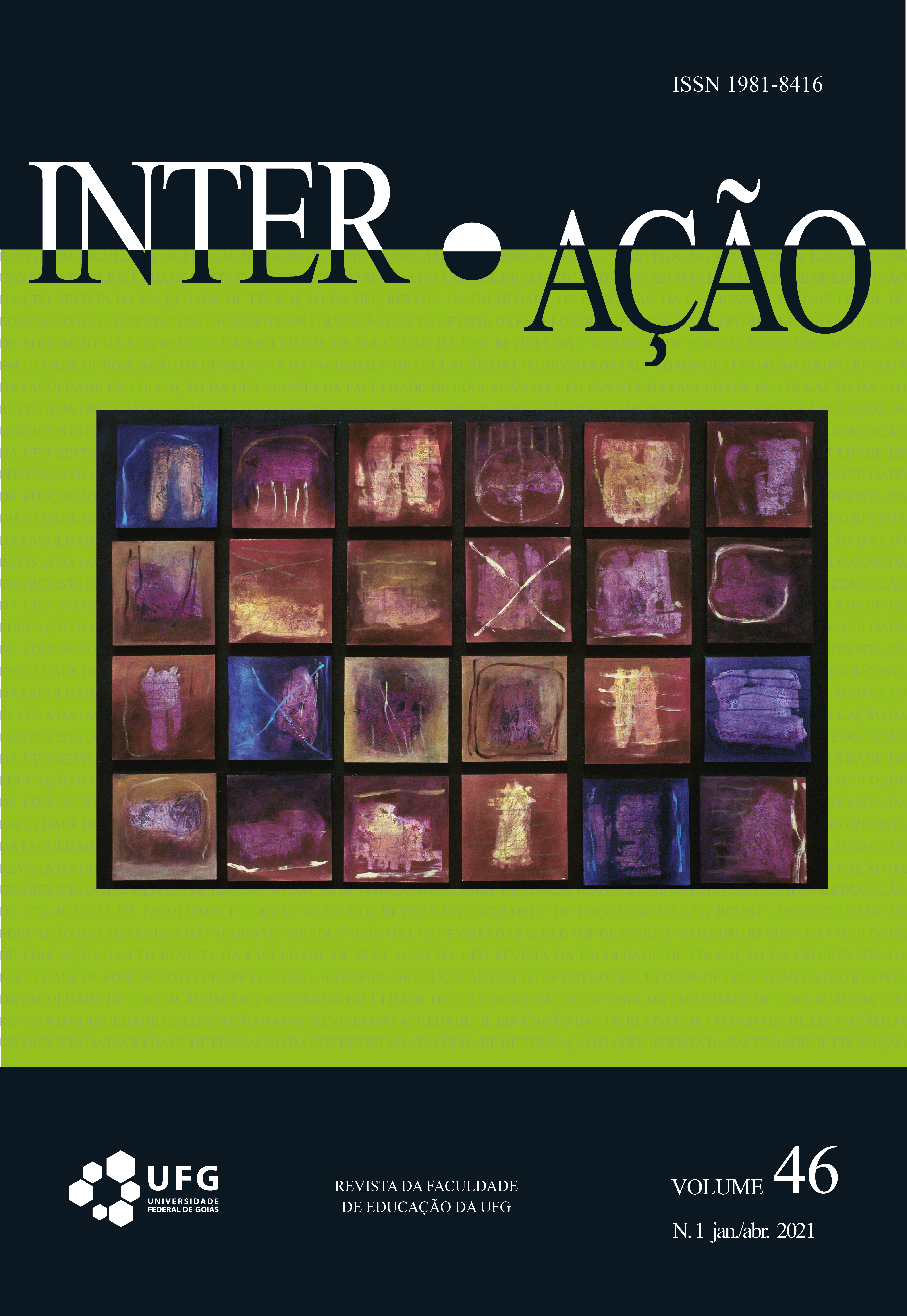FORMAÇÃO CONTINUADA E UM OLHAR HISTÓRICO-CRÍTICO-CULTURAL PARA PENSAR POSSIBILIDADES DE ENFRENTAMENTO AO ADOECIMENTO DOCENTE
DOI:
https://doi.org/10.5216/ia.v46i1.65163Abstract
O objetivo deste artigo é analisar o delineamento de uma pesquisa bibliográfica acerca da formação continuada de professores, considerando como esta pode representar uma possibilidade de enfrentamento ao adoecimento docente. A análise crítica ocorre sobre o aporte teórico-metodológico da Psicologia Histórico-Cultural e da Pedagogia Histórico-Crítica. Como resultado, compreendese que pensar uma formação contínua que contribua para esse enfrentamento pressupõe considerar sua articulação com as problemáticas mais amplas da sociedade, sob o entendimento de que a cultura e as relações sociais são elementos fundamentais na constituição do professor emancipado, crítico e capaz de compreender os processos sociais. Enfim, uma formação transformadora.
Downloads
Published
Versions
- 2026-01-06 (2)
- 2021-04-17 (1)
How to Cite
Issue
Section
License
Copyright (c) 2021 Soraya Cunha Couto Vital, Vanderlei Braulino Queiroz, Sonia da Cunha Urt

This work is licensed under a Creative Commons Attribution-NonCommercial 4.0 International License.
Inter-Ação uses the Creative Commons Attribution 4.0 License for Open Access Journals (Open Archives Initiative - OAI) as the basis for the transfer of rights. Open access means making documents available on the Internet free of charge, so that users can read, download, copy, distribute, print, search, or link to the full text of documents, process them for indexing, use them as input data for software programs, or use them for any other lawful purpose, without financial, legal, or technical barriers.
Authors publishing in this journal agree to the following conditions:
1) Authors retain copyright and grant the journal the right of first publication, with the work simultaneously licensed under the Creative Commons Attribution License, which permits redistribution of the work with attribution and first publication in this journal.
2) Authors are permitted to enter into additional, separate agreements for non-exclusive distribution of the version of the work published in this journal (e.g., for publication in an institutional repository or as a book chapter), with attribution and first publication in this journal.
3) Authors are permitted and encouraged to publish and distribute their work online (e.g. in institutional repositories or on their home page) at any time before or during the editorial process, as this may generate productive changes as well as increase the impact and citation of the published work.















